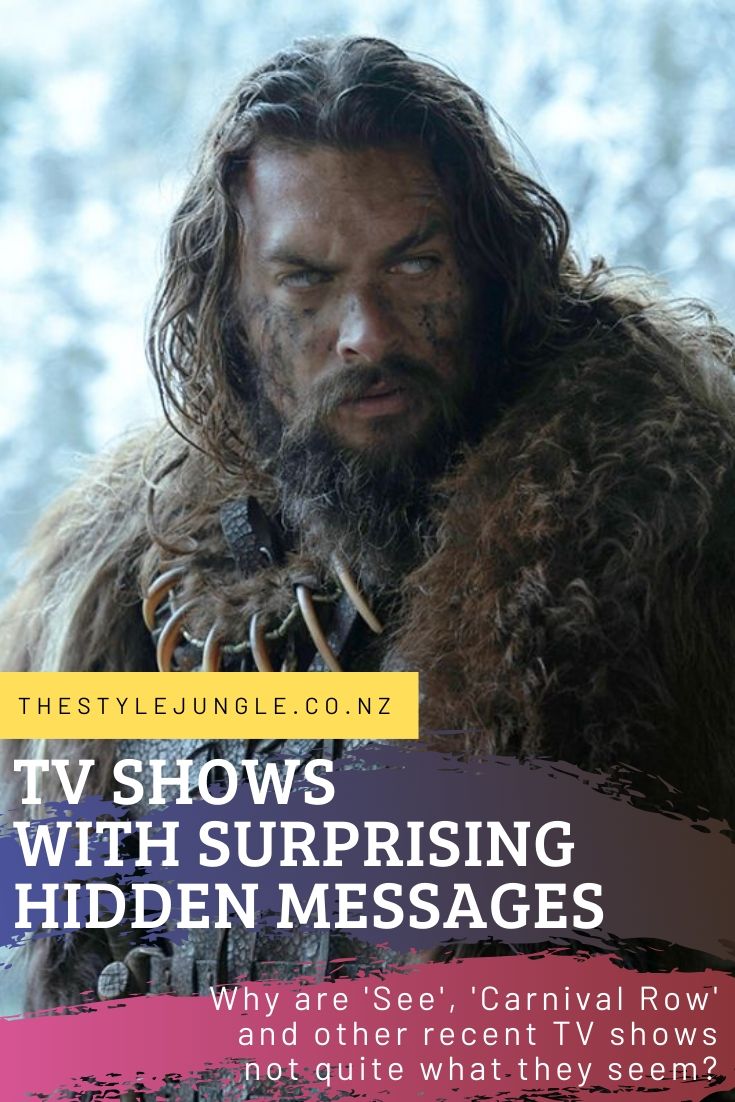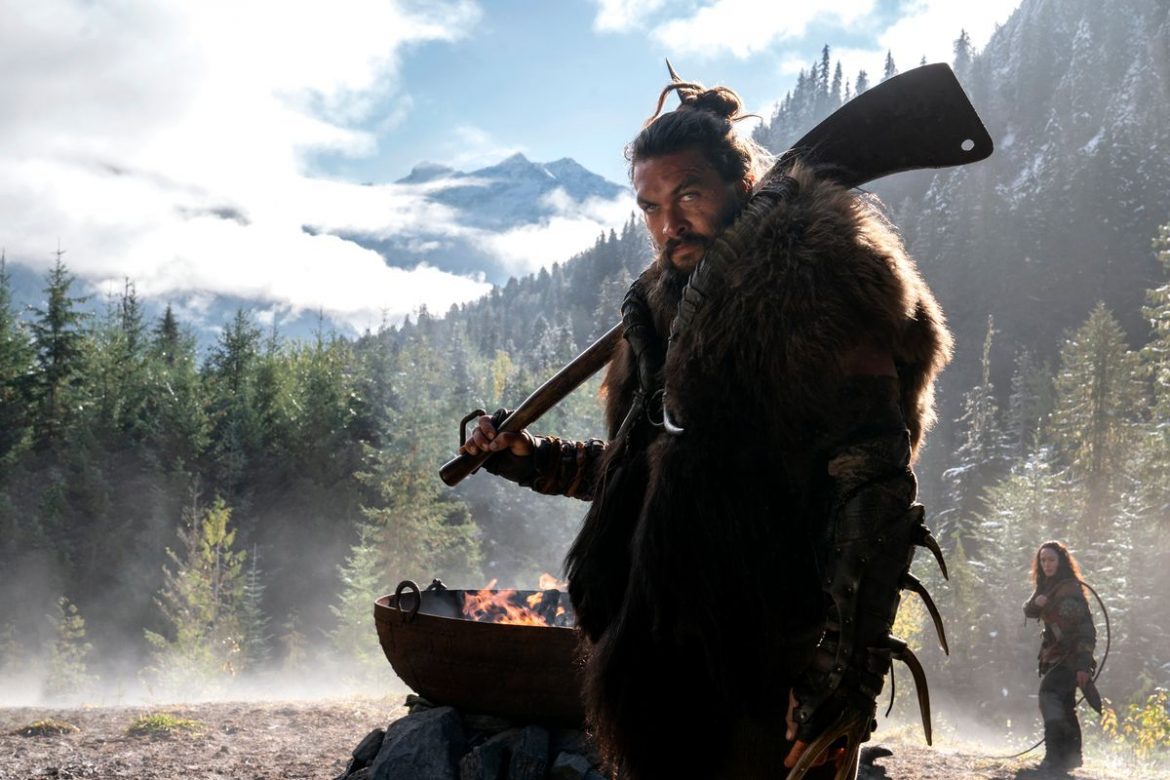Have you ever noticed how modern days’ TV shows are often not quite what they seem at first sight? A beautiful fantasy world, inhabited by magicians and dragons, turns out to be a perfect allegory about our pretty real and pretty messed-up politicians; fun and easygoing comedy exposes gender and age prejudices; superheroes talk about climate change, etc.
Of course, today’s TV shows came a long way from that ‘brain gum’ TV channels used to feed us some 20 years ago. From the amazing (and, I bet, very expensive) CGI and impressive camera effects to deep, meaningful plots that can easily compete with big-budget, big-screen Hollywood mastodons – why do we even still call them the same plain boring ‘TV shows’ word? We don’t even watch them on TV anymore! Netflix, Apple TV+, Amazon Prime, DC Universe – streaming services are rewriting the way we consume video information and, it seems to me, they’re here
Here are a few TV shows we’ve watched recently that have unexpected, sometimes disturbing hidden messages behind the entertaining plot, A-list actors and beautiful scenes.
See (2019, Apple TV+)
Plot: Dystopian drama with almost_too_good_to_be_true Jason Momoa about a distant future when human race lost the ability to see and had to find other ways to navigate the world. In fact, in this reality, an ability to see becomes more of a myth for the remaining several million people. It’s thought to be a curse, an evil sign and those who can see are being hunted and burned as witches. That is until Alkenny tribe leader Baba Voss (Jason Momoa) realizes his own kids, twins Kofun and Haniwa, can see. Baba is smart, strong (and handsome) and will do anything to protect his kids.
Hidden message: From totalitarianism and idolatry to the importance of education and reading books – there are a lot of topics to think about when you watch See, though the most disturbing is probably… plastic! Yes, plastic and plastic pollution that’s happening in our real life right now. See is sat so far ahead in the future that modern factories, amusement parks and dams are almost destroyed, car remains are all rusted and barely recognizable to say nothing about science and technologies – they simply don’t exist any longer, replaced by primeval beliefs and rituals. Yet the only humankind legacy our blind descents still have in abundance are plastic bottles and other plastic products. Each time someone on screen was using a plastic bottle, that looked as good as new, to send a message down the river stream, I felt the chills run up my back. Eyesight or no eyesight, dystopian or utopian, THIS is our future – full of plastic that takes centuries to disintegrate.
Carnival Row (2019, Amazon Prime)
Plot: Detective Philostrate (Orlando Bloom) investigates a series of mysterious and very cruel murders in Burgue, while also trying to figure out his complicated, messed-up and forbidden by unspoken human law relationships with a Fae named Vignette (Cara Delevingne).
Hidden message: Yes, Carnival Row is a neo-noir fantasy about the world where people, fairies and fawns live in one city. But far not everything is so sweet and fairy-like here! Mystical creatures are obviously being oppressed by humans – they live in special sectors of the city, work as servants (if they’re lucky) or sex workers, are not protected (and often abused) by police and can only reach the lowest steps of Burgue’s social ladder. While being a fantasy, this show is actually about racism, ghettos, refugees and minorities of the modern world.
Dickinson (2019, Apple TV+)
Plot: Emily Dickinson (Hailee Steinfeld) was a real person – XIX century poet, completely unknown to wide audience because her poems were never actually published until after her death. In a funny, yet dramatic mix of the old and the new (wild party where XIX century teenagers get high on opium and dance twerk, anyone?), this historical comedy-drama full of hilarious anachronisms pictures her life and her struggles to make her voice heard and her talent acknowledged.
Hidden message: Emily Dickinson is shown here as a progressive feminist, fighting the (now) outdated norms of society, where women can’t attend science lectures, can’t vote (and even discuss politics), can’t fall in love with other women and, of course, can’t publish their poems unlike men but instead, they must be able to cook, clean and score themselves a respectable, preferably very rich fiancé. No doubts, real-life Emily Dickinson was far not that brave in neglecting the etiquette (otherwise the world would’ve discovered her passionate poems devoted to her best friends and her brother’s wife, Sue, way sooner) but the TV show Emily Dickinson certainly makes us wonder if the modern world is really as tolerant and gender-equal as we like to think it is?
Liked this post? Pin it!




